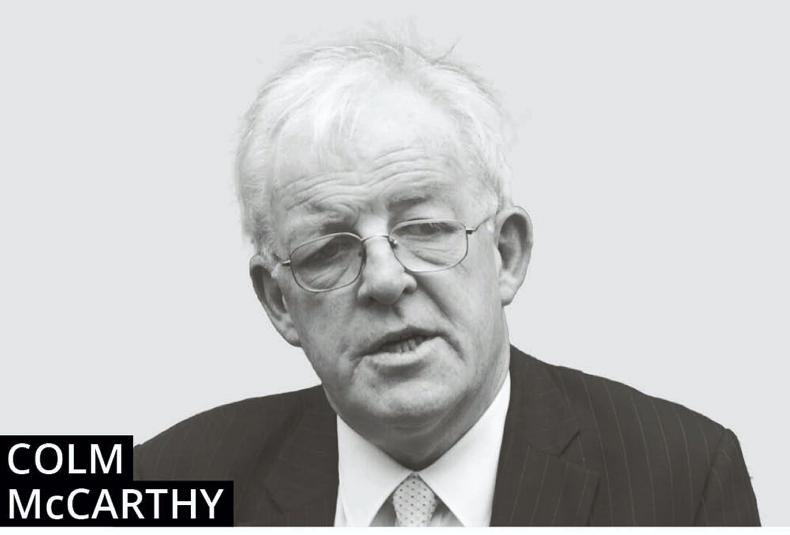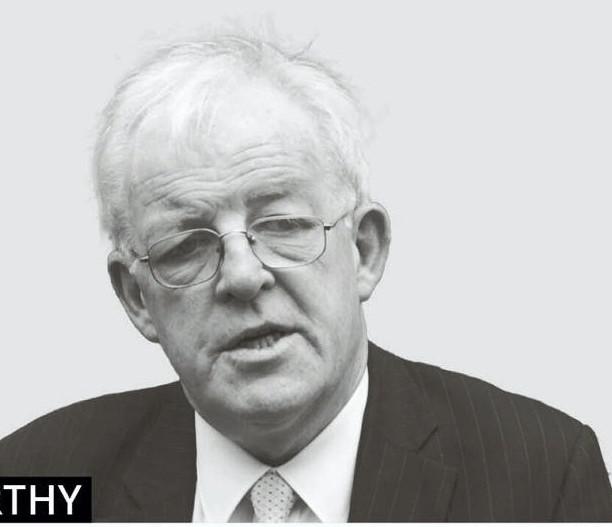Do not waste this time” – advised European Council president Donald Tusk a few weeks back, when the United Kingdom was offered an extension of its EU withdrawal date until 31 October. The six-month extension is already down to five and it looks as if Tusk’s advice is being ignored. The UK government is engaged in talks with the opposition Labour party, which are going nowhere.
Today (Thursday), local elections are being held and the European Parliament poll comes three weeks later, so nothing serious will happen before the end of May, leaving four months.
A meeting of the European Council is scheduled for 20 and 21 June, at which progress, if any, is to be reported.
There are just three ultimate outcomes. There will be a withdrawal agreement and a no-change transition period, a no-deal crash-out with no transition, or the UK will call the whole thing off, with or without a second referendum
There follows immediately the selection of a new European Commission and the first session of the new parliament on 2 July. August will see Brussels deserted and September holds the annual party conferences in the UK. There is thus every chance that the month of October will arrive before anything has been achieved and another cliff-edge looms.
There are just three ultimate outcomes. There will be a withdrawal agreement and a no-change transition period, a no-deal crash-out with no transition, or the UK will call the whole thing off, with or without a second referendum.
The latter could require a further extension, to which there will be considerable opposition in the EU-27. Since there has been zero progress towards any kind of cross-party consensus in the UK, there is still no majority for Theresa May’s thrice-defeated deal in the House of Commons.
Is the threat gone?
When the six-month extension was agreed in Brussels on 11 April, the news was greeted with great relief in Ireland, almost as if the threat of a no-deal outcome had been removed. But given the paralysis in the UK and the distractions which will fill the months remaining, the cliff-edge will loom into view again in autumn, with no-deal and crash-out still the default option. The clock was reset but has never stopped ticking.
The UK media is feeding on election coverage, the cross-party talks and the possibility of a new Tory leadership contest, and will stick to this diet over the next few months.
But this is all displacement activity in the sense that a deal (the withdrawal agreement) has been on the table from the EU since last November, has been agreed by the UK government, will not be modified according to the EU, and the default option is crash-out. The extension to October changes none of this.
The UK government, assuming Mrs May is still in charge, will be up against another hard deadline and will face great reluctance on the European side to contemplate a further extension
The extension was offered because the UK parliament will not sign off on the government’s deal and there is nothing the EU can do to create a majority for Theresa May in her own parliament. What happens if the remaining months, against Donald Tusk’s advice, are wasted? The UK government, assuming Mrs May is still in charge, will be up against another hard deadline and will face great reluctance on the European side to contemplate a further extension.
If she has been replaced by a Brexiteer there will be even less basis for a good-faith relationship. The decision to opt for a six-month extension was a compromise, with some EU leaders apparently resigned to the inevitability of no-deal and willing to get the whole thing over with. These sentiments will strengthen as the clock ticks away unproductively through summer. The extension process mirrors the system of ‘repeat’ examinations employed by some universities and colleges. It works like this: exams are in spring and students pass, fail marginally or fail utterly.
Pass and you proceed to the next year, fail utterly and you repeat the year. If you are judged to have failed but not too badly, you get a chance to repeat the exam in autumn, in time to move up a year with the students who passed first-time round.
The trouble is that it ruins the summer: you must attack those unopened textbooks while your more diligent classmates head off to the US of A. The temptation is to celebrate the reprieve (you do not have to repeat the whole year and the repeat exam is not until September) and indulge in another few months of dossing around.
The likely result is that the ticking clock once again goes unheeded
This is what UK politicians appear to be doing – the House of Commons celebrated promptly with a two-week adjournment and will divert itself with elections through the month of May. Then comes summer and a well-deserved break from the exertions of the political life.
The likely result is that the ticking clock once again goes unheeded, the politicians enjoy the summer rather too much, fail the exam again and waste the reprieve kindly offered by that nice Mr Tusk. The United Kingdom remains in denial that the only version of Brexit on offer is unpalatable, courting crash-out.










SHARING OPTIONS